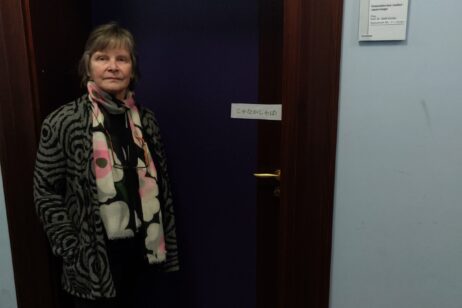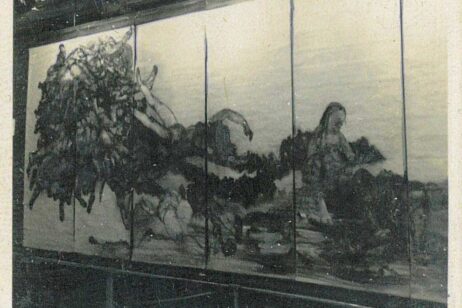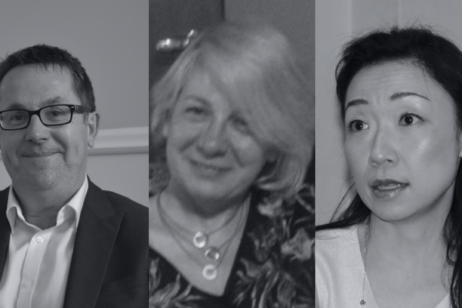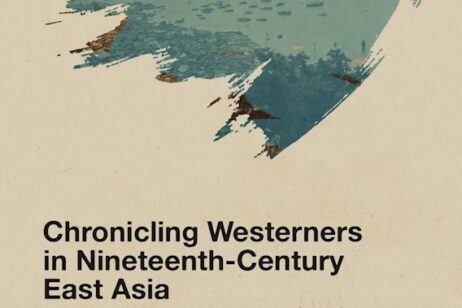13 September 2022
Making the invisible visible (and vice versa) in the “atomic situation”
When the Maruki Gallery opened in 1967, it was initially home to the murals known as the Hiroshima Panels (Genbaku no Zu), painted by the artists Maruki Iri and Maruki Toshi. They created 15 works in total between 1950 and 1982, of which the first seven directly depicted the victims of the atomic bomb dropped on Hiroshima. In this talk, Professor Steffi Richter from the University of Leipzig will look at the gallery as a place of communication about the “atomic situation” and Hiroshima as not (simply) a city, but a “state of the world” (Günther Anders).
Fully bookedMore info










